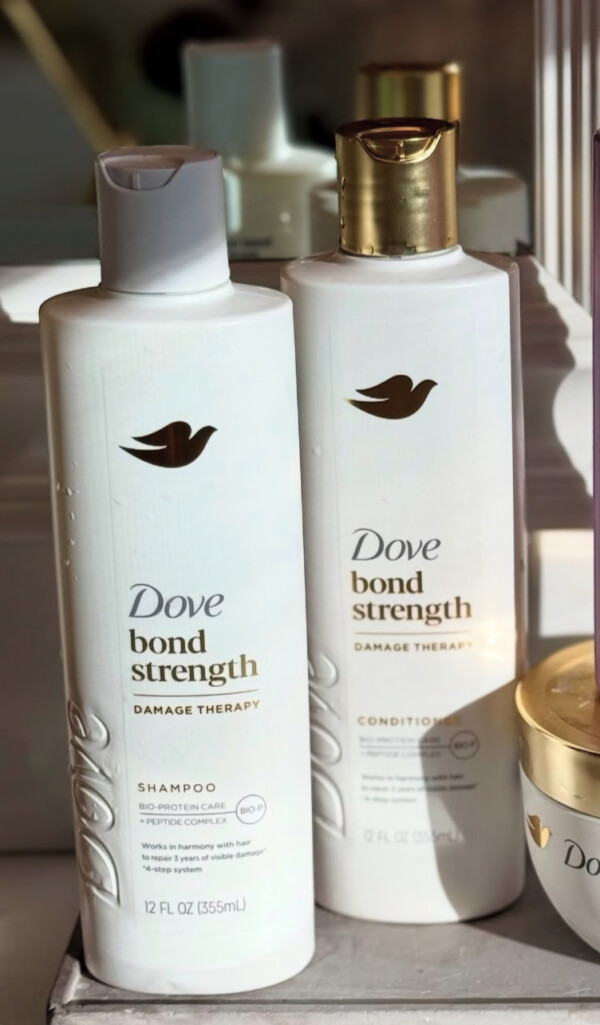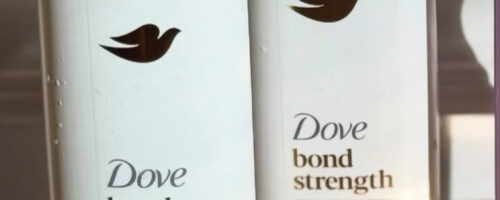
Central Kalimantan, Indonesia
How is it produced?
Dove Bond Strength Shampoo is manufactured through a global production process that begins with palm oil, the essential to the shampoo’s texture, foaming ability, and moisturizing effect. Palm oil derivatives form the base of most surfactants and conditioning agents in Dove’s formula, meaning the product quite literally depends on this single raw material. The oil is harvested from plantations in Central Kalimantan, Indonesia, where workers collect and press the fruit of the oil palm to extract crude palm oil. However, reports have shown that workers on these plantations often face exploitative conditions such as long hours, unsafe work environments, and low wages (Amnesty International, 2016). The processed palm oil is then shipped to Unilever’s large-scale manufacturing plants, such as Cikarang, Indonesia and Jefferson City, USA, where it is blended with fragrances, strengthening polymers, and water to create the final product. Once mixed, the shampoo is tested, bottled, and packaged for international distribution. While Unilever’s production system is highly mechanized, it still depends on the manual labor and resource extraction that make palm oil available in the first place (Amnesty International, 2016; Mei et al., 2022).
Describe the supply chain to the store shelf in Canada:
After production, Dove shampoo moves through Unilever’s global distribution network, which connects its factories to retail markets across continents. Products manufactured at facilities such as Cikarang and Jefferson City are transported to regional logistics centers before being shipped to stores worldwide. In Canada, Dove shampoo is primarily supplied through Unilever’s North American operations, where finished products are distributed to major retailers including Walmart and Shoppers Drug Mart. This system shows how a single consumer item depends on a complex chain of extraction, production, and transportation that links plantation labor in Southeast Asia to everyday consumption in the Global North.
What is the power balance between the producer and seller?
The power balance between the producer and seller in Dove’s supply chain is extremely unequal. Plantation workers and smallholders in Central Kalimantan, Indonesia, have almost no control over pricing, pay, or working conditions. As Amnesty International (2016) reports, harvesters are paid according to the amount of fresh fruit bunches they collect, and companies set daily targets which many workers struggle to meet (p. 13). Workers handle hazardous chemicals, often without proper safety gear, and many are hired through labour contractors, leaving them with little job security (p.45). Meanwhile, Unilever, the global seller, controls product formulation, branding, and distribution, capturing almost all of the profit while distancing itself from the labour and environmental costs of production. This imbalance allows Unilever to profit from cheap raw materials produced under exploitative conditions, while those at the start of the chain who make the product possible remain trapped in poverty and exploited.
Can you recommend changes to the system to improve the balance?
The word ‘change’ can’t just mean another round of corporate promises or sustainability reports, it must be rooted in a reconstruction of relationships and understanding. The system itself is currently flawed because it rewards exploitation under the guise of efficiency. Companies like Unilever know how to talk about ethics without changing the conditions that make their profits possible, and the structure of neoliberal globalization, and a lack of enforceable regulations allows this to continue without accountability. Paying fair wages and ensuring safe working environments should be the bare minimum, not something to advertise. This can only happen through enforceable human rights and environmental regulations, not self-regulated ‘sustainability’ pledges that let companies appear ethical while maintaining the same exploitative structures. Unilever should invest directly in the well-being of the communities it relies on by paying fair wages, ensuring worker safety, and restoring ecosystems damaged by palm oil harvesting. However, even these steps won’t be enough if the global economy continues to understand ethical production as optional or unprofitable. Real accountability means confronting the logic of profit itself, rejecting the idea that efficiency and growth justify exploitation. This demands a recognition that justice in the supply chain does not begin with branding or consumer awareness, but with the elimination of the global structures that make exploitation a profitable business model, where the deliberate silencing of workers is the key to its endurance.
References/Resources:
Amnesty International. (2016). The great palm oil scandal: Labour abuses behind big brand names. Amnesty International Ltd. https://www.amnesty.org/en/documents/asa21/5184/2016/en/
Mei, L., Newing, H., Almas, O., Colchester, M., & MacInnes, A. (2022). Human rights due diligence and the palm oil sector: Strengthening corporate accountability through responsible finance. Forest Peoples Programme. https://globalcanopy.org/wp-content/uploads/2022/08/FPP-Palm-Oil-Report-FINAL52.pdf
https://www.unilever.com/sustainability/nature/deforestation-free-supply-chain/palm-oil-story/
https://www.unilever.com/sustainability/nature/sustainable-palm-oil
https://www.unilever.co.id/files/indonesia-annual-report-2023.pdf
https://www.unilever.co.id/en/our-company/about-unilever-indonesia

